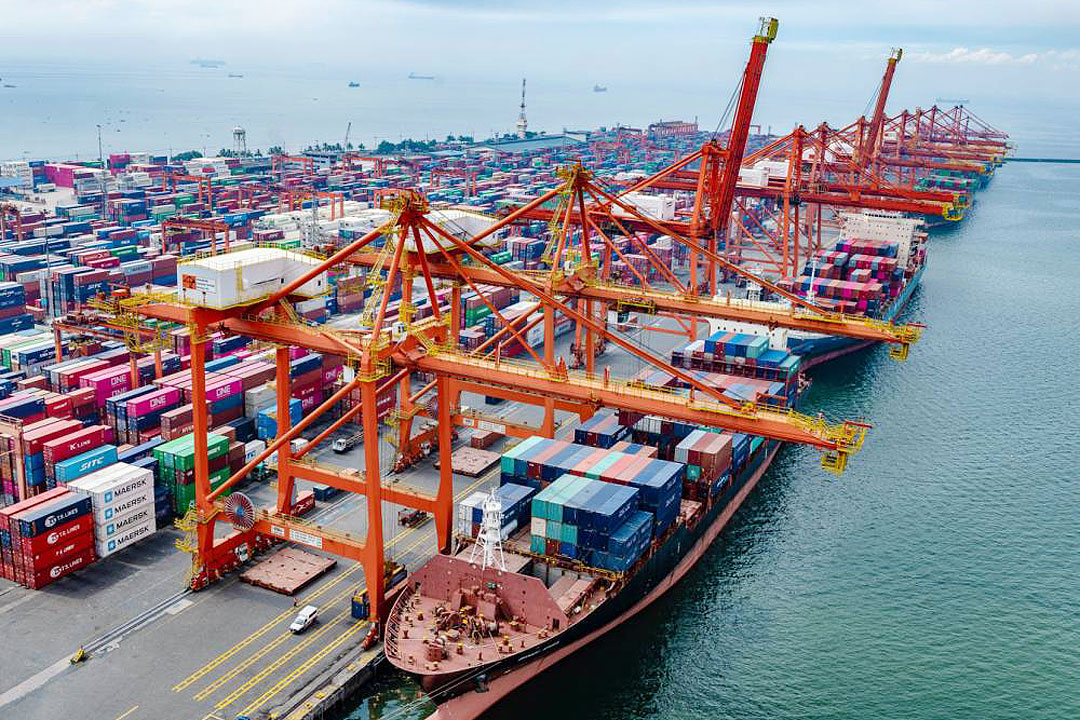Philippine export performance continues to lag global rebound

THE PHILIPPINES’ EXPORT performance remained lower compared with other Asia-Pacific economies leading the global trade recovery, a United Nations (UN) report said.
The UN Conference on Trade and Development (UNCTAD) global trade update released on Thursday showed global trade in goods and services will likely slow this year, after the strong growth seen in 2021.
Overall, the value of global trade reached a record $28.5 trillion in 2021, 25% higher than the previous year and a 13% increase from the pre-pandemic level in 2019.
“The positive trend for international trade in 2021 was largely the result of increases in commodity prices, subsiding pandemic restrictions and a strong recovery in demand due to economic stimulus packages. As these trends are likely to abate, international trade trends are expected to normalize during 2022,” the UNCTAD said.
The UNCTAD report showed the Philippines posted a score of 0.56 in export performance in the fourth quarter of 2021, based on an index in which a higher score indicates above average performance.
The Philippines’ export performance score lagged behind Indonesia (0.78), China (0.66), Malaysia (0.63) and Singapore (0.60), but ahead of Thailand (0.55) and Japan (0.45).
UNCTAD defined export performance as an indicator which includes growth rates, performance against other countries, and competitiveness in major and dynamic markets.
During the fourth quarter, Philippine export volatility was at 0.08, while Chinese and Indonesian exports were less vulnerable at 0.02 and 0.04, respectively. Singapore’s export volatility was at 0.03, while Thailand’s stood at 0.02.
However, Vietnamese and Malaysian exports were more vulnerable with scores of 0.12, and 0.17, respectively.
Preliminary data from the Philippine Statistics Authority (PSA) showed that the country’s exports rose by 14.5% to $74.64 billion in 2021, while imports climbed by 31.1% to $117.8 billion.
“Trade growth rates in the fourth quarter of 2021 remained very strong across all geographic regions, although lower in Europe, North America and East Asia. Export growth has been generally stronger in commodity-exporting regions, as commodity prices have increased,” UNCTAD said in the report.
However, global trade this year is expected to be affected by the slower-than-expected world economic growth due to concerns over the China’s property sector and “persistent inflation” in the United States.
UNCTAD also cited ongoing challenges for global supply chains and worries over debt sustainability.
“Given record levels of global debt, concerns of debt sustainability are likely to intensify in the incoming quarters due to mounting inflationary pressures,” it said.
“A significant tightening of financial conditions would heighten pressure on the most highly indebted governments, amplifying vulnerabilities and negatively affecting investments and international trade flows.” — Revin Mikhael D. Ochave



